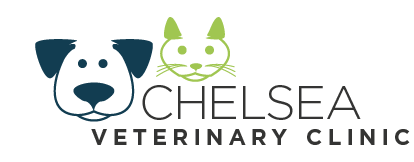Library
-
The so-called periodontum is the structure surrounding the tooth which includes the gum, the alveolar bone and the periodontal ligament. These structures can become diseased and unable to support the tooth which itself may be healthy.
-
Approximately 33% of pet dogs and cats have to visit the vet due to illness or accident every year. Unfortunately few of us are aware of the true cost of medical or surgical procedures.
-
False pregnancy, phantom pregnancy, pseudo-pregnancy or pseudocyesis can be defined as a display of maternal behaviour together with the physical signs of pregnancy following oestrus (heat) in a non-pregnant bitch.
-
A pharyngostomy tube is a small flexible tube that passes via an incision in the skin at the side of the neck, just behind the jaw bone, to enter the pharynx. These tubes are useful in cases when the dog temporarily is unable to eat but still retains the ability to swallow. The liquid food is syringed through the tube three to five times a day depending on the individual circumstances.
-
Most pituitary tumours are benign (and a few are non-cancerous cysts) but because of their location, they still produce serious adverse effects as they enlarge and they are rarely curable.
-
Within a few hours of a meal an invisible layer of bacteria forms on the teeth. This is plaque. Within 24 hours this starts to harden, absorb minerals and becomes dental calculus or tartar.
-
Plasmacytomas in the skin are usually solitary benign tumours that grow rapidly but rarely recur after surgical removal. Malignant tumours are very rare.
-
Pedal eczema, interdigital cysts and pododermatitis are all terms used to describe a condition of varying severity which causes lameness and discomfort in dogs.
-
When a portosystemic shunt (PSS) is present blood in the portal vein effectively bypasses the liver, i.e it is shunted straight into the caudal vena cava, a major vein returning blood to the heart.
-
The prostate gland stores sperm after they have been made in the testicles and produces fluid that contains essential nutrients for the sperm. Cancers of the prostate are rare but usually involve the cells that make the fluid.
